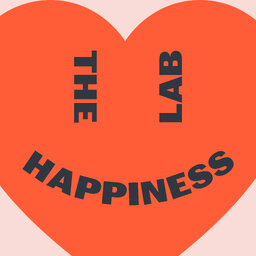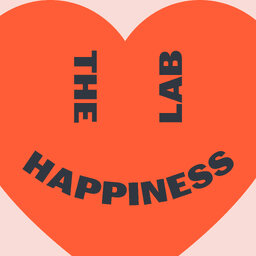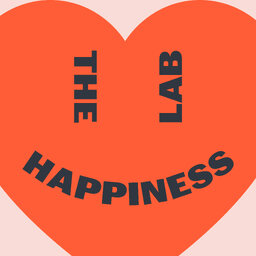Laurie Gets a Fun-tervention (Part One)
Peter Pan was her childhood hero, but Dr Laurie Santos woke up one day and realised she'd broken the cardinal rule of Neverland - she'd grown up and stopped having fun.
Research suggests that goofing off and enjoying yourself is vitally important to your health, productivity and wellbeing. So Laurie asks Catherine Price (author of The Power of Fun: How to Feel Alive Again) to come to her rescue and stage an emergency fun-tervention.
Learn more about your ad-choices at https://www.iheartpodcastnetwork.com
In 1 playlist(s)
The Happiness Lab with Dr. Laurie Santos
You might think you know what it takes to lead a happier life… more money, a better job, or Instagra…Social links
Follow podcast
Recent clips

Why Algorithms Can’t Predict Your Love Life with Dr. Paul Eastwick
41:11

How to Find "The One": The Science of Dating with Tim Molnar
45:01

How to Feel Truly Loved (with Dr. Sonja Lyubomirsky and Dr. Harry Reis)
42:09
 The Happiness Lab with Dr. Laurie Santos
The Happiness Lab with Dr. Laurie Santos